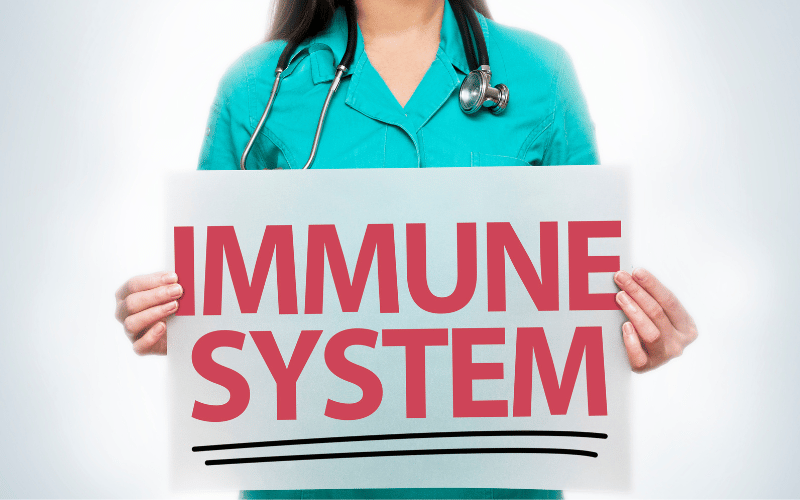Cause 5: Immune System Dysregulation

Our immune system operates like an intricate defense mechanism, warding off potential threats. But what happens when this very system goes rogue? In certain individuals, the immune response becomes misdirected, treating benign substances as threats. In the case of EoE, the immune system can mistake certain triggers, often foods or allergens, as harmful invaders, leading to inflammation.
Immune system dysregulation implies a malfunction or imbalance in the body’s immune response. The cells meant to protect us start overreacting or under-reacting. When it overreacts, as in the case of EoE, the eosinophils – white blood cells responsible for combatting certain infections and parasites – accumulate in the esophagus. This buildup is at the heart of EoE’s pathology.
An overactive immune response can lead to various allergic disorders, with EoE being one of them. When the esophagus encounters certain triggers, the immune system’s heightened response causes eosinophils to cluster. This clustering results in the inflammation and other symptoms associated with EoE.
Addressing immune dysregulation is more about restoring balance than suppression. For some, this could mean allergen avoidance, while others might benefit from specific medications that regulate eosinophil levels. It’s a fine line to tread, ensuring the immune system is neither too active nor too dormant. (5)